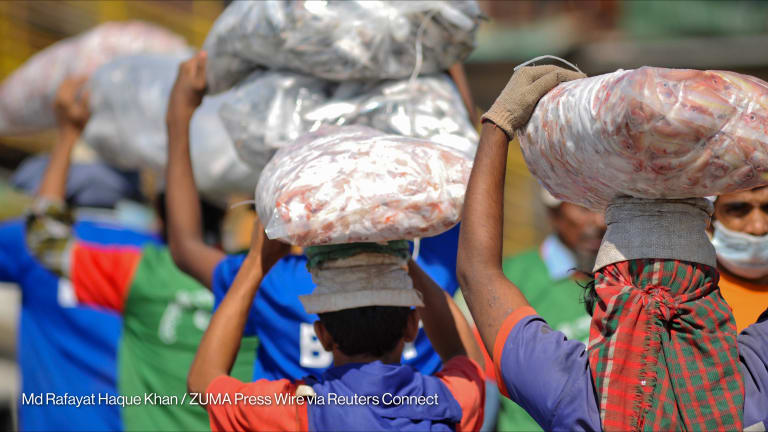For years solar seemed like a potential solution for millions without access to electricity in Africa, but high costs and slow technology left it largely out of reach.
In the past few years, however, that has changed. With increased investment, cheaper products and innovative business models, solar is not only on the rise, but could transform the way the continent is powered.
It will be used to boost economic activity as businesses stay open late and students are able to study after dark, but it may also be used for unexpected purposes such as lighting a goat hut to keep prized animals safe from predators. And this growth is being driven by private companies who look at the 600 million people in Africa, or the 1.3 billion people in the world who lack access to power and see the vast market opportunity.








